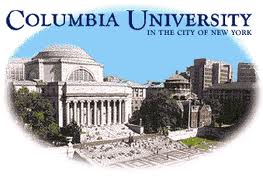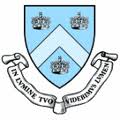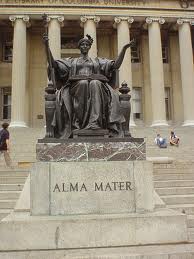Philosophy
From this moment of chapter two, Wedge makes a interrogation concerning the capacity of the child in making reflections and arguments. arold Ford Jr. also if these abilities can be taught for these children. The pretension is to initiate them in the practical one of thinking and consequently to qualify them since early working this aspect. Thus, as one works coordination aspects as: to walk, to run, to jump, etc. According to Wedge, the thought evolves modifying doubt and beliefs. The absence of the doubt causes not the thought; leaving of this principle it is that it is acted automatically. To believe simply becomes the imprisoned person intellectually in a mental process is of judgment, perception of world or choices.
The author makes the following questioning: what it can generate the doubt in intelligence seno the question? The author affirms that this is a propitious phase to also ambientar the children in quarrels that take them the reflections and arguments, in virtue of its interactive relations with others and of the discoveries that if make in this period of the life. What they need are of incentive in the use of the questions, more than what of answers. To educate a child to think is to provide to the same a capacity to perceive another thought and another feeling. Critical that the author makes to some professors in relation certain disdain for the reflection in the application of the lessons is pertinent and it takes in them to think about our prxis in classroom. the reference to this reflection directed to the pupils of the initial series is of great relevance one to think acurado on what if objective in fact about the education of our children. It is a sufficiently positive text. BASES OF THE PHILOSOPHICAL ATTITUDE LEARN TO LEARN IT, TO LEARN THE AUTOMOTIVAR FOR THE RULE, TO LEARN TO DIALOGUE.




